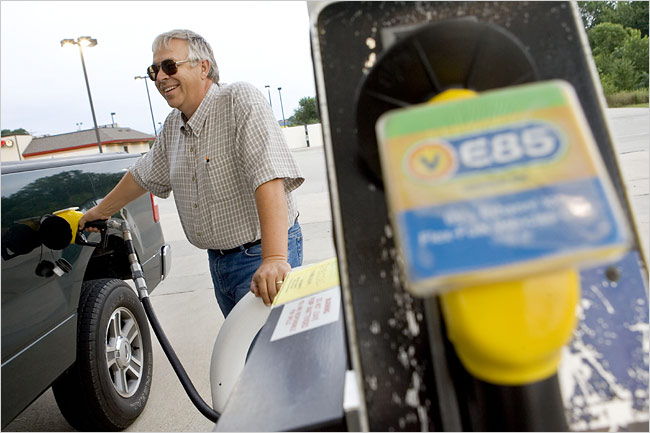In a swath of green fury, there is a whole new market emerging which most consumers have heard of but for the most part, have no clue if it will ever become relevant to their daily lives. To some degree none of us know what role we will individually play in our march toward a low carbon economy, yet there are signals locally and globally that the carbon market may ultimately have significant influence in our daily choices. The question is – who will guide us in the adoption of practices that will make a real difference?
To a certain degree, it is probably too early to ask this question. The early days of the mobile phone industry were governed by industry wide regulation, distribution and demand. Demand drove consumers to purchase despite mass confusion over cost protocol and brand authorities didn’t emerge until the market had stabilized and penetrated the most sought after consumer – the teen. It took us over a decade to begin to feel like we understood how to evaluate “Rollover minutes” against “Nights and Weekends Free” against the “Family Plan” (although one could argue we still don’t know why we’re locked into two year contracts).
So, it’s likely that we are ten even twenty years before we truly begin to understand what the outcomes the current administration’s carbon initiatives locally and abroad are about as they relate to understanding our role in reducing the carbon in the atmosphere. This is an operational challenge that will be driven by regulation not demand. Yet there seems to be market activity that signals this evasive concept-commodity could, and actually is, being productized at a mass consumer level.
Many airlines now offer individuals the opportunity to purchase carbon offsets at the point of their ticket purchase and online calculators such as the one found at Terrapass provide individuals and businesses the opportunity to purchase carbon credits to offset their output. Termed “offsets” these credits are created by businesses reducing their prescribed carbon output or by organizations naturally protecting sequestered carbon. Most of us have begun to hear the term “offset” but will readily admit we have no idea what it really means, let alone cite the “standard” that our carbon purchase has been verified against (which would indicate its value).
The interesting question is who will emerge to be the brand authority in this new market? What business and in what tier of the consumer eco-system will emerge to establish credibility and drive the standard to which we will make our assessments? And what industry can we look to previously that might shed some light on where this new market might be going?
image credti: tsopauly on Flickr Creative Commons


